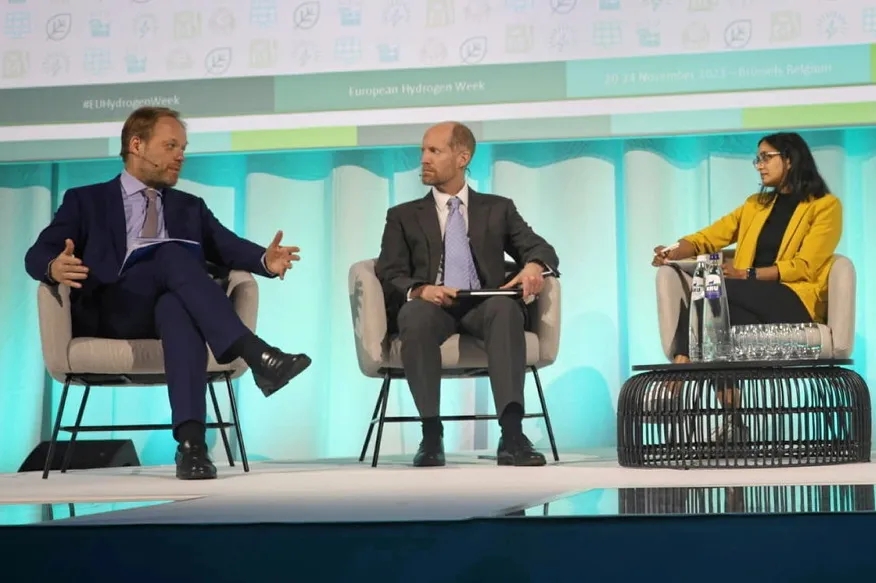The €800m for EU's first green hydrogen auction is 'peanuts' compared to what's needed, says top EU official
But the intention of the pilot auction is merely to test the market and create a price signal, European Commission department head tells conference
